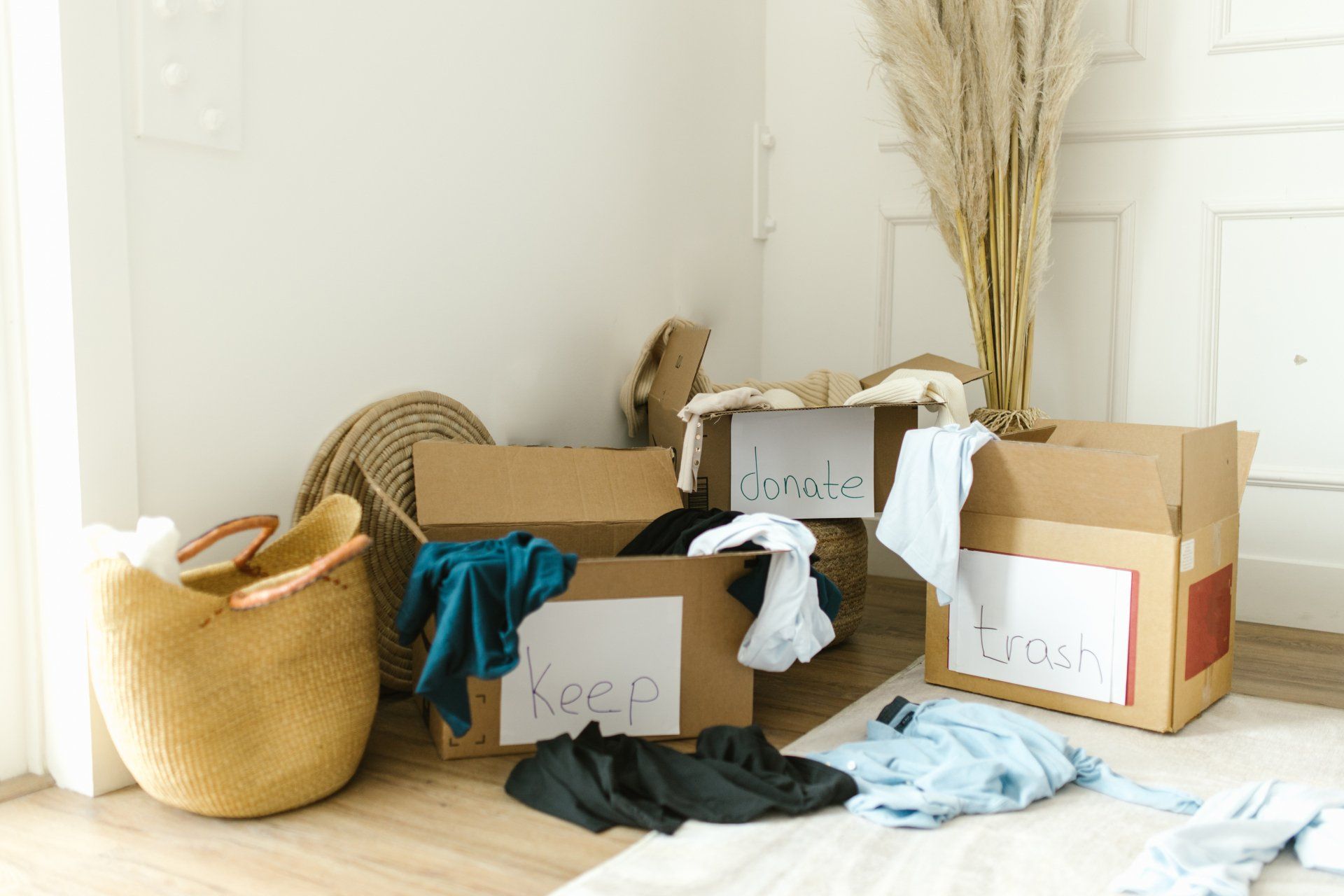Reboot your New Year's Resolutions
Are you struggling to keep your New Year's Resolutions?
Already slipping back into unhealthy habits? Finding it hard to stick to your plans? If this sounds like you, then here are my simple tips to get you back on track.
As the clock struck midnight, many of us will have made New Year's resolutions as part of the festivities and the promise of change in the air. But we're one month into 2023 now, and I'll bet many of you are struggling
to maintain your goals or have even fallen off the wagon altogether. Instead of feeling healthier, fitter, more organised, optimistic and in control, we find ourselves feeling more stressed and like we've already let ourselves down or failed at what we are trying to achieve.
The good news is that it's not too late to get yourself back on track!
Tip 1 - Set smaller goals
When we set goals at New Year, we're full of hope and optimism, but we're often setting ourselves up to fail by thinking too big. Making big changes means taking ourselves out of our comfort zones. So when we make ourselves feel uncomfortable for a long time, it's clear why we might give up and return to old habits.
Achieving big change requires lots of smaller changes. So start with that - set smaller goals that will help you create new habits and set you on the right path to achieving your dream.
Example New Year's Resolution/ The Dream = To become a vegan
1) Research what foods vegans can and can't eat
2) Research what alternative vegan brands are available in the supermarkets
3) Speak with other vegans you know or join an online community to get tips and support
4) Prepare some recipes or get a couple of vegan recipe books
5) Include some vegan alternatives in your weekly shop e.g. butter and cheese
6) Gradually include vegan alternatives and meals into your diet
7) Keep adding in vegan foods and cutting out non vegan foods until you're a fully fledged vegan!
Tip 2 - Set value based goals
We often set goals for the things we think we should be doing rather than what we want to be doing. Like resolving to go to the gym after work every day when we don't really enjoy working out at the gym.
This is when you ask yourself WHY you are sending yourself off to do something you don't enjoy? Because you want to get fit? Because you like the social side of it? Because it's how you see all the trendy influencers are getting fit?
We're more likely to succeed when something matters to us, it's what keeps us motivated. So if it's really important to you to be fit, have a think about what other activities you can try out to achieve that goal that has nothing to do with the gym. Get out on your bike, learn to windsurf, take up yoga, join a rock climbing class - there are so many options.
Tip 3 - One thing at a time
I get it. New Year, New Start. You're full of optimism and good intentions. You want to loose 10lbs, read three books every month, learn to speak Spanish, write that novel, run the London Marathon and get a promotion at work...
Establishing new behavioural patterns takes time and effort and so trying to achieve everything on your list might lead you spread yourself a bit thin and make the tasks ahead feel daunting. So my advice is to pick one thing (one which is aligned with your values!) and put all your effort in to achieving it.
Tip 4 - Involve a buddy!
Having a support system helps to keep us motivated, as well as providing accountability. Enrolling a like-minded friend in activities can make things more enjoyable.
If you don't have anyone that can fulfil that role for you, how about joining a club where you'll find others on a similar journey to you?
Tip 5 - Keep motivated
Like I said, creating new habits is hard work - be it nicotine withdrawals, aching muscles, or maybe the temptation of a greasy fry up. A buddy is great for helping to keep you motivated, but there will be times when you will need to keep yourself motivated too. Here are some ideas that might help:
1) Keep a journal to track your progress
2) Mark days off on a calendar
3) Make a vision board and keep it in a prominent place
4) Write a list of the reasons you set yourself this goal
5) Celebrate your achievements and milestones met along the way
Tip 6 - Get back on track
So how do you get back on track if you're struggling to maintain the optimism and motivation you had at the beginning of January?
It's important to try not to think of it as failure. Life always throws challenges in our way, we just need to learn from them and adapt. Try to use your stumble as a learning opportunity. This is where keeping a journal is helpful - think about what triggered the relapse and what you can do differently next time.
And remember tomorrow is a new day.... Liz 😊
Upcoming Workshop
Has this blog post resonated with you? Why not join me for my next in-person personal development workshop about creating lasting change, where we'll delve into how we can align our personal values and beliefs with our dreams and goals for the future? Get your tickets here!



